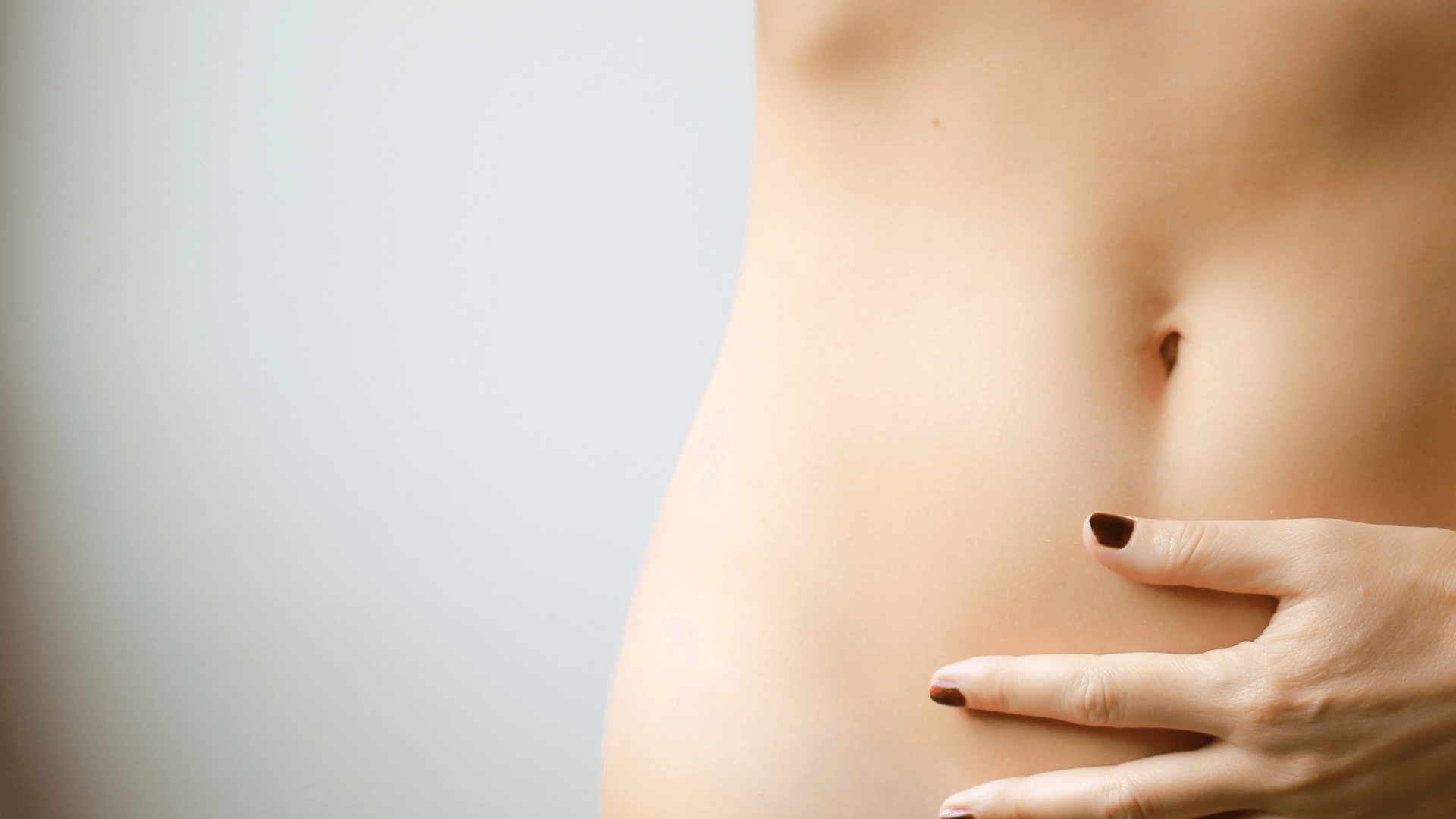What Are the Causes of Bloating During Ovulation?
Ovulation can cause a wide range of symptoms, from positive ones like heightened senses, higher energy levels, and sex drive to uncomfortable ones like bloating, breast tenderness, and one-sided abdominal pain.
Ovulation may produce a wide range of symptoms. Some women experience heightened senses, increased energy and sex drive, and optimism during their ovulatory phase. Other women report bloating, breast tenderness, and one-sided abdominal pain.
Ovulation is the release of an egg from your ovaries, which travels down the fallopian tubes and is ready to be fertilized by a sperm. In most women, ovulation occurs between days 11 and 21 of their menstrual cycles. We may experience bloating during ovulation typically around days 11 to 14 of our cycles.

During ovulation, bloating may occur due to an increase in estrogen levels before the luteinizing hormone surge. The luteinizing hormone surge happens just before ovulation.
One of the leading causes of bloating during ovulation is the hormonal changes that occur during and after ovulation. Hormonal changes may play havoc with your digestive tract. Because of high estrogen levels, the body may retain more water. Estrogen is produced by a luteinizing hormone which provides the body to release an egg. Bloating during ovulation is due to these changes in the body.
During the monthly cycle, many women may gain some weight due to fuller breasts and ovulation bloating. A woman can retain extra water during this time due to hormonal changes that cause increased sodium retention. This leads to bloating—and a possible weight gain—during ovulation.

